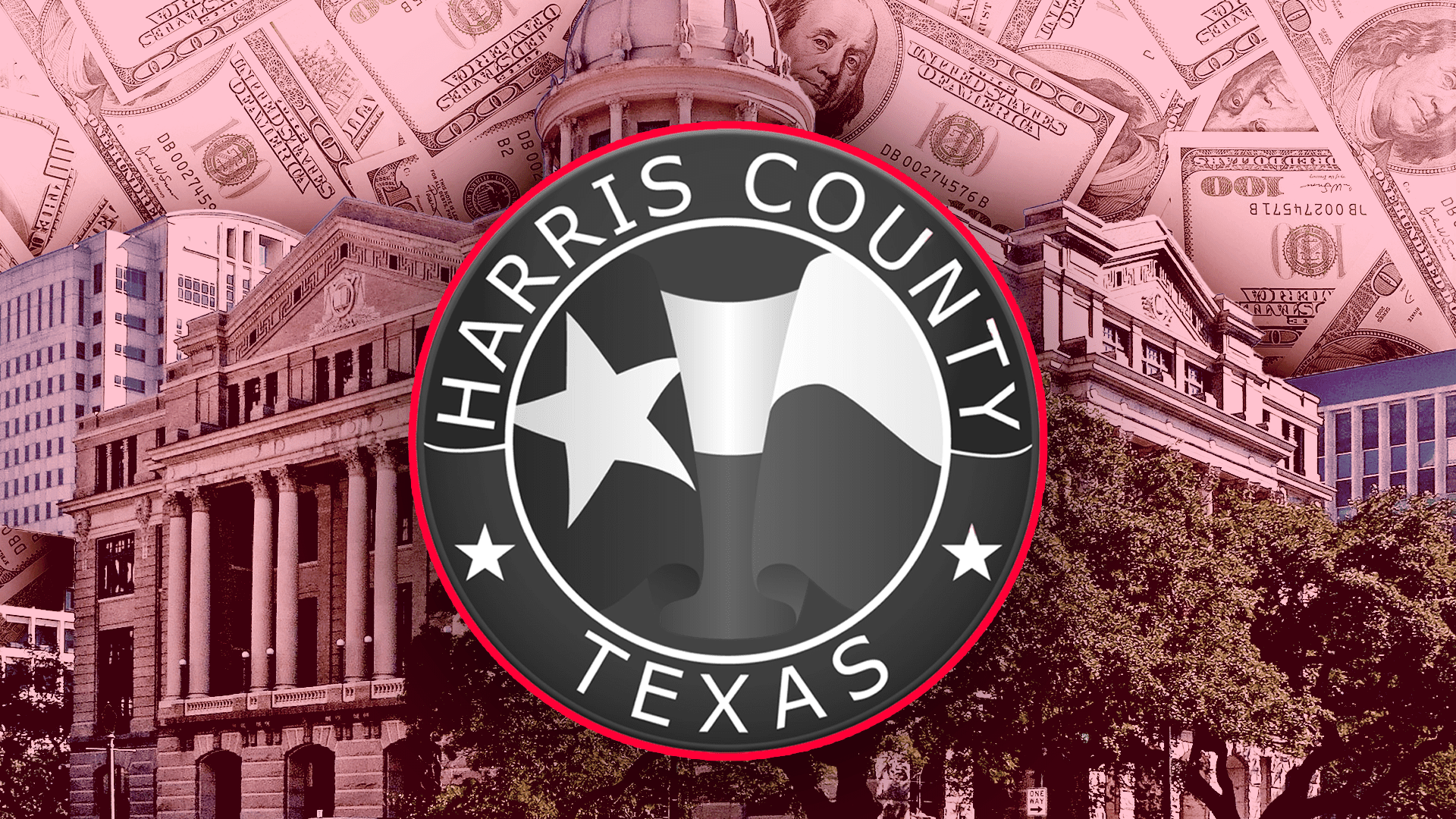As Texans were once again warned to conserve electricity this week, The Energy Alliance released a new study detailing the “decline and fall of reliability, affordability, and competition in ERCOT.”
The Energy Reliability Council of Texas (ERCOT) oversees the state power grid and is responsible for providing power to more than 26 million Texans.
Since the advent of the “environmentally friendly” renewable energy industry, millions of dollars in taxpayer money have been poured into subsidies for green energy—which cannot compete in a free market without those subsidies.
Meanwhile, as the Texas grid relies more on renewable energy—up to 25 percent of the grid capacity—the reliability of the grid becomes shakier, especially as severe weather events impact those renewable energy sources like solar panels and wind turbines.
“The greatest danger that the Texas grid faces now is the political establishment’s continued unwillingness to challenge the environmental left’s and energy industry’s push for subsidies,” said Bill Peacock, policy director for The Energy Alliance.
Indeed, as wind turbines froze during the February 2021 winter storm, Texans faced rolling blackouts, with some Texans dying in their homes.
“Though regulators at the PUC [Public Utility Commission], grid managers at ERCOT, and advocates for renewable energy must share some of the blame for what has happened to the Texas grid over the years, the ultimate responsibility for the collapse of the grid in ERCOT rests with Texas’ Legislature, governor, lieutenant governor, and House speaker,” said Peacock.
For years they have supported giving billions of taxpayer and consumer money to corporations with multi-billion market caps while being unwilling to take on renewable energy.
According to the Texas Comptroller’s Office, $18 billion in taxpayer-funded subsidies is delegated for renewable energy projects through 2029. Meanwhile, the renewable energy lobby is investing more than $70 million in lobbying efforts across Texas.
Despite claims by Gov. Greg Abbott that “everything that needed to be done was done to fix the power grid in Texas,” Peacock says that if subsidizing green energy continues, “Texas will lose what is left of its competitive energy-only market.”
However, Peacock says “all Texas has to do is let the market work,” and reliability, affordability, and competition could be restored.
Logistically, this would look like eliminating state and local renewable energy subsidies, rejecting the establishment of a minimum reserve requirement, and requiring renewable generators pay their own costs.





